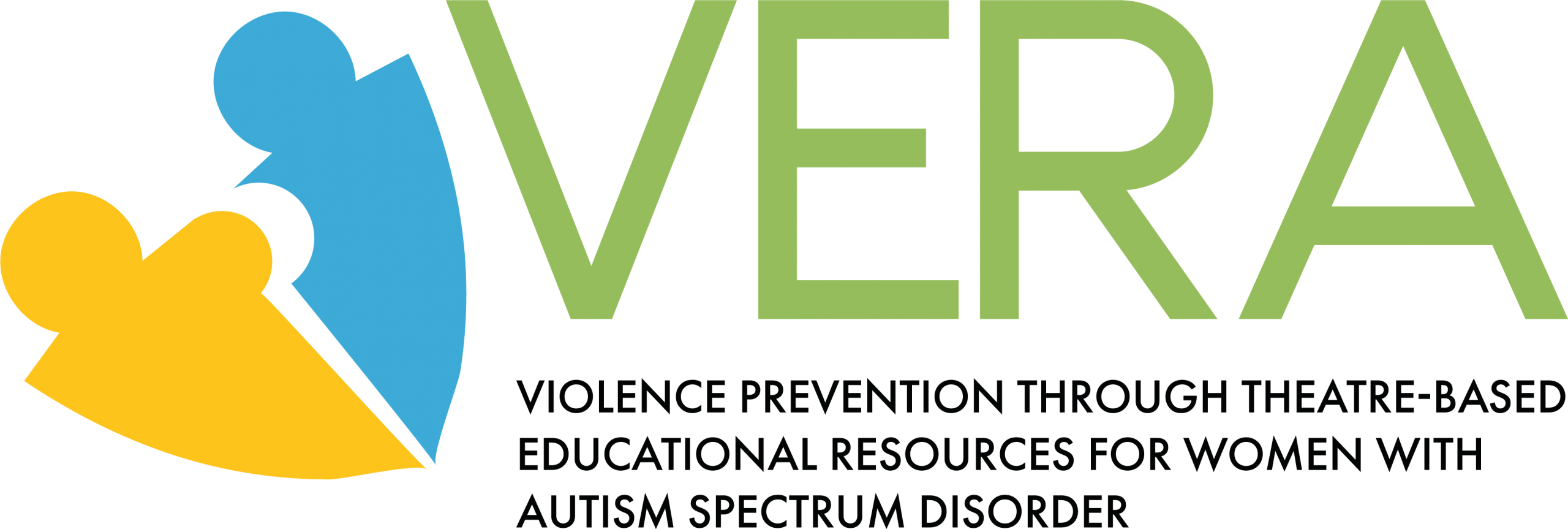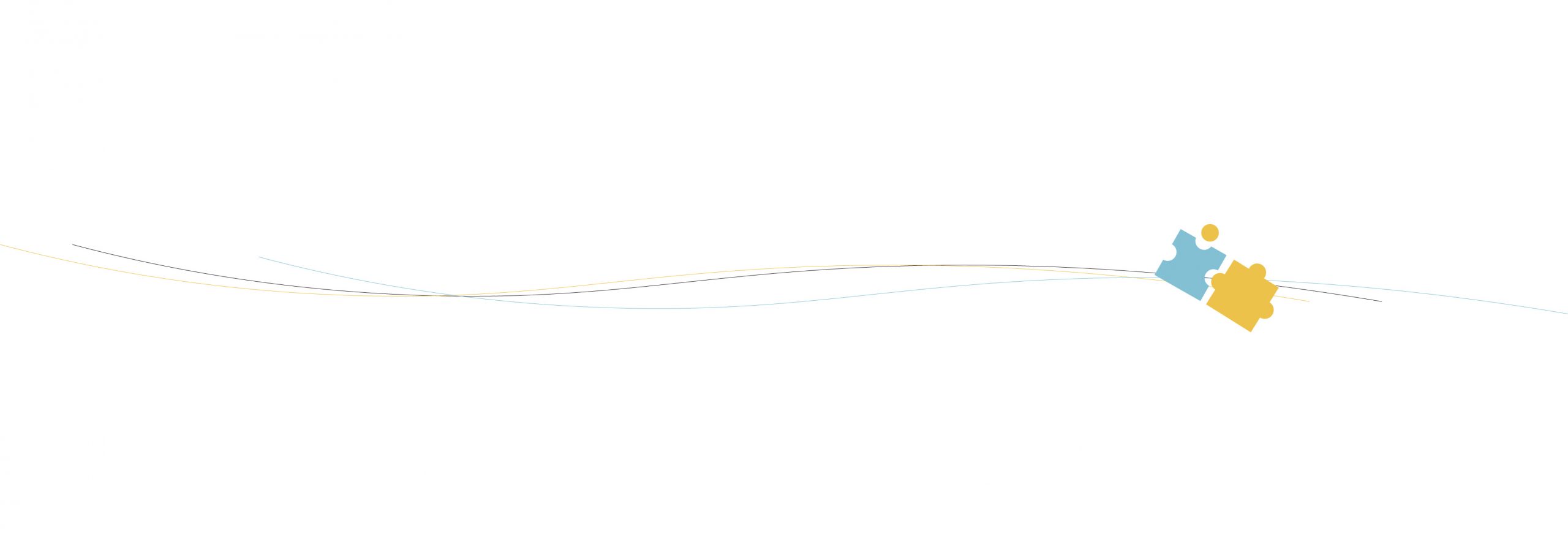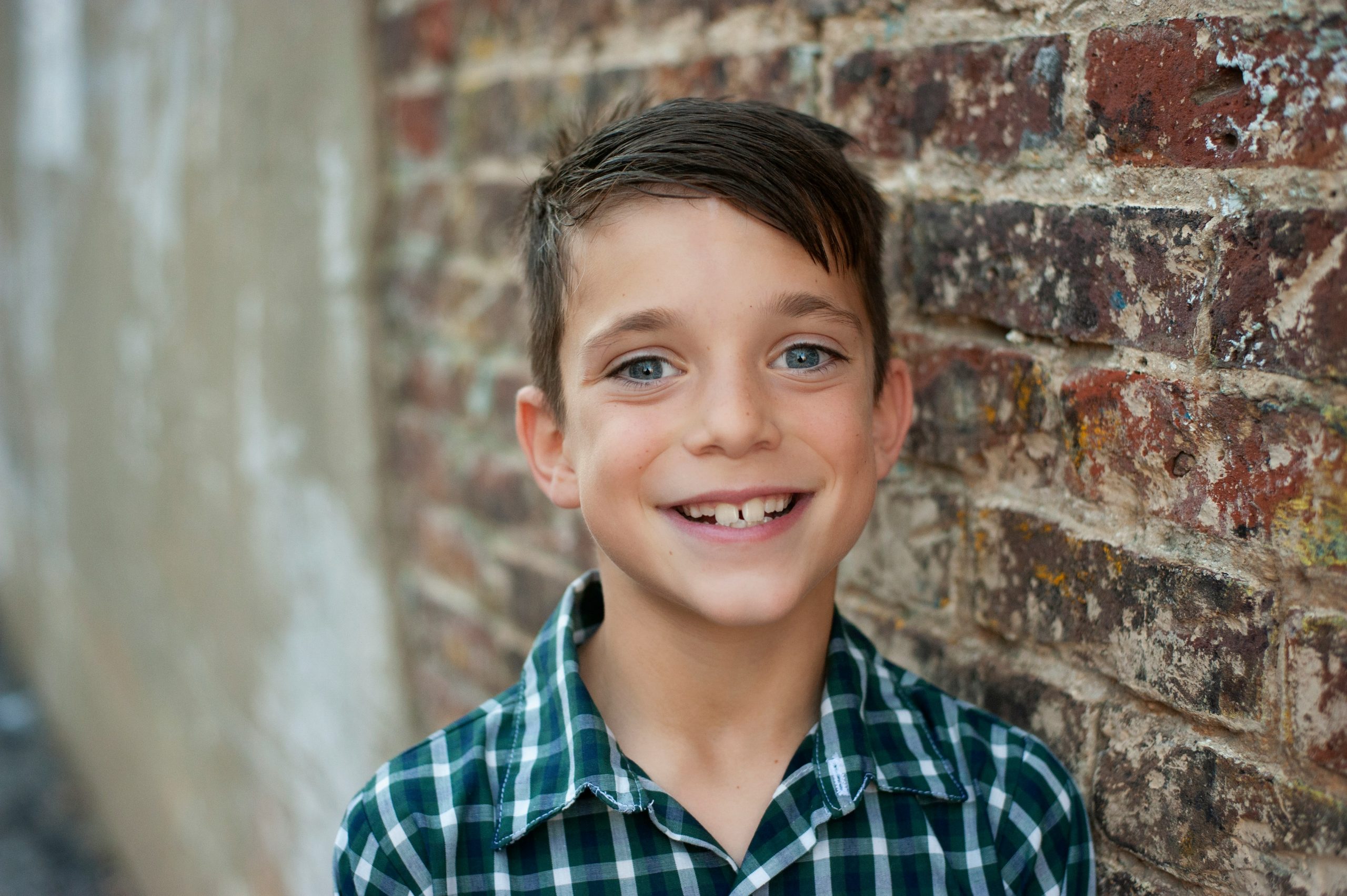As we approach the end of the Erasmus+ YouthASD project, we reflect on the journey we have been on to improve the lives of young people with Autism Spectrum Disorder (ASD). Over the past 24 months, the project partnership has worked to improve the quality of life and overall functioning of these young people.
Numerous studies, including those by Orsmond et al. (2013), Billstedt et al. (2011), Robertson (2010) and Renty & Roeyers (2006), have consistently highlighted the importance of social participation in improving the wellbeing of young people with ASD. Social isolation and lack of community inclusion have been identified as significant challenges, highlighting the urgent need to improve social support resources.
In essence, participation in community and social activities plays a key role in the health and development of young people, particularly those with ASD. However, despite the increasing emphasis on inclusion projects, the focus has been predominantly on young people with physical disabilities, leaving a gap in addressing the needs of young people with ASD within their communities.
To address this pressing issue, the YouthASD project aimed to equip local and community youth organisations with the skills and resources needed to include young people with ASD in their initiatives. Our aims included:
- Encourage participation: Facilitating the participation of young people with ASD in activities organised by youth organisations.
- Increasing accessibility: Increasing the attractiveness and accessibility of youth work for people with ASD.
- Providing training: Equipping youth workers with innovative methods and tools to effectively include young people with ASD in their programmes.
- Organisational support: Helping youth organisations to train their administrative and management staff to meet the needs of young people with ASD.
- Tailored Training: Providing specialised training opportunities tailored to the needs of people with ASD.
In pursuit of these goals, we have developed several valuable resources:
- Inclusive Guide for Youth Organisations: A comprehensive handbook outlining structures and strategies to facilitate the seamless inclusion of people with ASD in youth organisations.
- Methodology and Training Programme for Youth Workers: An inclusive approach that provides a detailed methodology and training programme to equip youth workers with the necessary skills to effectively engage and connect with individuals on the autism spectrum.
- Pilot Youth Activities for ASD Inclusion: Innovative and tested youth activities specifically designed for people with ASD, aimed at creating inclusive and enjoyable experiences within youth initiatives.
- Resources 4 ASD: Online Support Hub: An online repository offering a wealth of resources tailored for both youth organisations and youth workers, providing valuable insight and practical guidance on Autism Spectrum Disorder.
These materials serve as practical tools to empower and support youth organisations and workers in fostering a more inclusive environment for people with ASD. We encourage you to explore and use these resources to enhance your initiatives and contribute to the well-being and development of young people with ASD in your community. The materials developed can be consulted free of charge on the project website.
The materials developed were tested in the partner countries, Denmark, Greece, Spain, Cyprus and Italy. In this newsletter, we would like to focus on the piloting experience of the third outcome, which involved the implementation of activities specifically designed to promote the inclusion of young people with ASD, with the aim of creating inclusive and enjoyable experiences within youth organisations.
This pilot phase involved working with the local communities and youth organisations involved in the project. The focus was on creating activities that not only met the specific needs of people with ASD, but were also engaging and rewarding for all participants.
We would like to share the experience of piloting the activities in the partner countries, which allowed us to gather experimental feedback that was crucial for further refining the activities to ensure that they were accessible, stimulating and in line with the inclusion objectives of the YouthASD project. This experience provided valuable information on best practice and reinforced the belief that promoting inclusion requires an active, people-centred approach.
Pilot experience in Greece
The successful pilot implementation of the YouthASD project in Greece clearly demonstrated its effectiveness in promoting inclusion and building meaningful relationships among diverse young people, particularly those with Autism Spectrum Disorder (ASD). Participants with ASD reported a significant increase in their sense of belonging and enthusiasm, particularly in relation to sporting activities. The sports presentation session not only facilitated the exchange of interests between people with ASD and their neurotypical peers, but also acted as a catalyst for teamwork, coordination and personal growth during the stadium visit, which featured the unique sport of Turbojan.
These positive experiences were echoed by neurotypical peers, who emphasised the enlightening nature of learning about lesser-known sports and engaging with their peers with ASD. The collaborative games during the stadium visit underlined the transformative power of shared experiences in breaking down barriers and fostering meaningful connections.
From a youth worker perspective, the pilot demonstrated a significant shift in group dynamics. The carefully crafted curriculum effectively engaged participants and encouraged interactive learning and personal expression. Collaboration with external organisations, particularly the Orama sports club, provided invaluable insights into the positive impact of inclusive activities. The trial highlighted the importance of flexibility in content planning, allowing for adaptations based on the individual needs and interests of the participants.
In summary, the Greek pilot not only highlighted the potential of sport as a medium for promoting inclusion, understanding and community, but also served as a testament to the innovative approach of the YouthASD project. These findings reinforce the project’s commitment to creating a safe and inclusive environment for young people with ASD within different organisations.
Pilot experience in Spain
Feedback from Spain strongly supports the success of the pilot, with youth workers expressing their support. In Spain, activities were carefully selected based on the specific interests and pre-existing skills of individuals with autism, effectively promoting personal autonomy and cultivating social relationships – integral elements of the pilot initiative.
To ensure the success of the project, the model should be replicated with a strong emphasis on building relationships between individuals with autism and youth workers. The key role of pre-interviews and the nuanced knowledge of youth workers, not only about autism but also about the individuals themselves, is recognised. The importance of treating all parties as equals is emphasised.
Looking forward, future programmes of inclusive activities should aim to increase in both duration and variety, possibly including elements such as small outings or camps. These initiatives should focus on community involvement and the formation of more organic support groups. The overall aim is to create a comprehensive and inclusive environment that fosters lasting social connections and personal development.
Pilot experience in Cyprus
Feedback from the Smile Project pilot, which involved both young people with autism spectrum disorder (ASD) and youth workers, has provided valuable insights and highlighted positive outcomes. For the young participants, the inclusive programme fostered a sense of belonging and social inclusion, resulting in enhanced social skills, improved communication skills and increased self-confidence. Participating in structured activities with peers had a transformative effect on the young people with ASD.
The experience not only fostered greater understanding and empathy for people with ASD, but also played a key role in breaking down stereotypes and promoting inclusivity. The collaborative environment fostered meaningful friendships and dispelled misconceptions about ASD. In addition, young people with ASD gained essential life skills such as tolerance, patience and adaptability.
Youth workers actively involved in the process noted the transformative impact on both groups. The interventions and support mechanisms implemented contributed significantly to the overall development of the young people with ASD. Observations revealed increased cooperation, reduced social anxiety and improved emotional regulation among the participants with ASD.
In essence, the pilot not only enriched the lives of the young people with ASD, but also positively influenced their peers. This collective experience highlights the importance of inclusive practices and structured programmes in fostering mutual understanding, empathy and social growth among diverse groups of young people.
Pilot experience in Italy
In Italy, the implementation of the pilot of the third outcome introduced a street dance workshop. Despite some organisational challenges, the workshop proved to be a positive experience for both people with ASD and their neurotypical peers. The inclusive ambience of the activities created a welcoming atmosphere and fostered an environment where diversity within the group was embraced.
The positive interaction between neurotypical and ASD participants proved to be mutually enriching. Neurotypical participants shared their breakdancing expertise with those with ASD, who in turn acted as role models, demonstrating their active engagement and successful completion of the proposed activities. The workshop effectively promoted inclusivity and facilitated mutual learning and appreciation between all participants.
Feedback from a youth worker:
“Despite the initial challenges, we managed to create an inclusive environment. Each participant felt an integral part of the group, contributing to an atmosphere of acceptance and mutual respect”.
Pilot experience in Denmark
During the pilot programme in Denmark, participants showed remarkable enthusiasm and a genuine willingness to make new connections, fuelled by their curiosity and openness to each other. Even after the formal sessions ended, they continued to engage, meeting for leisurely walks or enjoying online gaming sessions together.
What stood out was the participants’ openness about the challenges they faced. One person who did not have ASD openly said: “I may not have a diagnosis, but that doesn’t mean I don’t find socialising and conforming to social norms challenging at times. I also find comfort in familiar surroundings”.
All participants agreed on the importance of fostering a ‘safe space’ within the group, where one’s identity wasn’t solely defined by one’s diagnosis. Understanding each other’s experiences of ASD provided a sense of security and enabled them to make agreements about how to deal with challenging situations. For example, they agreed that it was perfectly acceptable for a participant with ASD to need to withdraw by putting on headphones during an activity. The participant would then take the initiative to re-join when they were ready, although this didn’t happen during the sessions. Nevertheless, having such agreements in advance reassured everyone.
Participants collectively found that smaller groups of 3-4 people were ideal, especially if they did not know each other. This arrangement facilitated communication, ensured inclusivity and reduced any perceived pressure.
Thank you for taking the time to read our newsletter! We hope that you have found the information shared both informative and interesting. We warmly invite you to delve deeper into the additional resources and materials available on our Erasmus+ YouthASD project website. Together, we can help shape a more inclusive world for all. Stay tuned for updates on our upcoming activities and initiatives by continuing to follow us!
This newsletter is available in:
English
Danish
Italian
Greek
Spanish
Foto di Garrett Jackson su Unsplash


